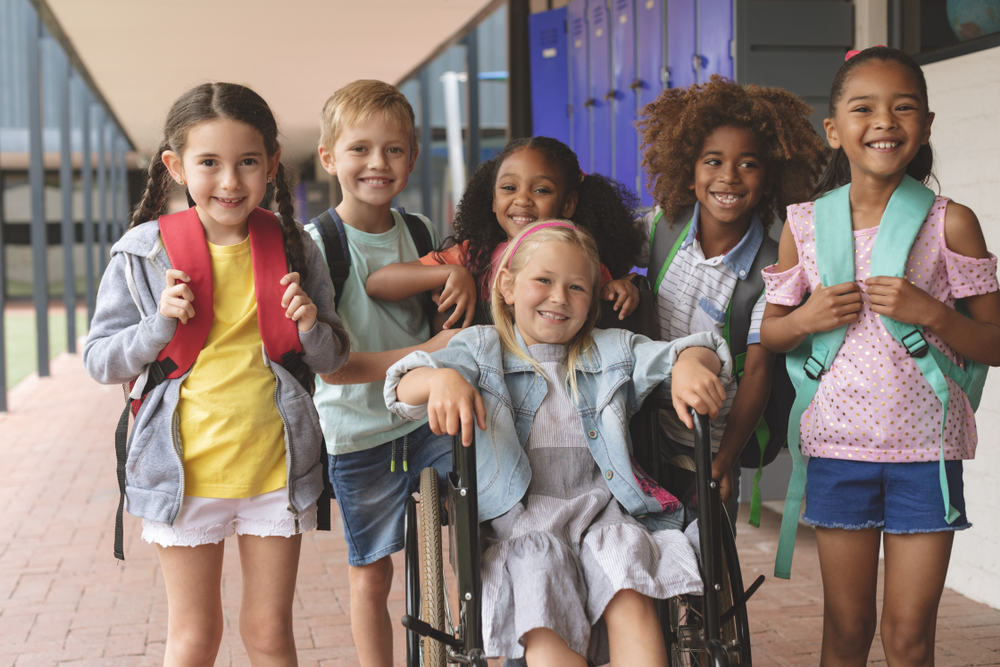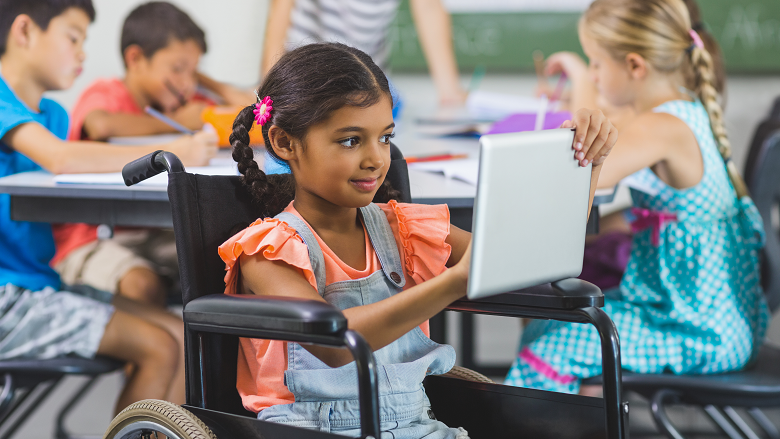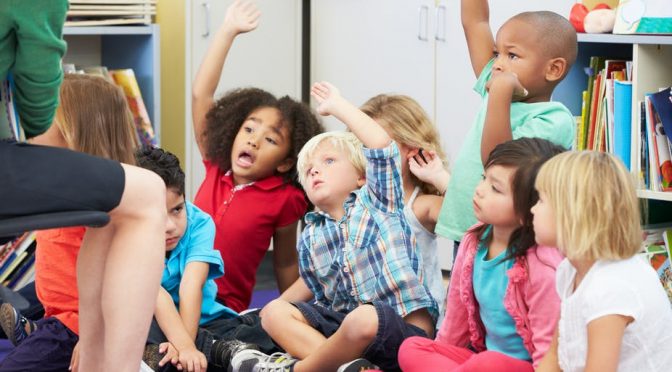Learning about children with disabilities is a crucial first step for parents. It can help you understand your child better and understand his or her limitations and needs. It is also beneficial to include family members in the process, including grandparents, aunts, uncles, and cousins. You can use pictures and nonverbal communication to help explain how things should be done. Using pictures is especially useful if your child has difficulty communicating verbally, so it is important to write down your thoughts about the subject.
It is important to provide the proper environment for your child to learn

A disabled child may be more likely to experience bullying than other children, so you should do your best to ensure their safety. However, remember that your child has a long lifetime to learn. This means that the classroom environment should be designed to accommodate their needs. A proactive approach will support the strengths of your child and help them grow. For example, your classroom should have multiple ways to fasten clothes or dress up. You should also provide ways to reduce background noise.
If your child has a disability, it’s important to remember that he or she has a lifetime to learn. The best way to achieve success is to encourage your child’s learning skills, regardless of his or her disabilities. While you are assisting your child, make sure to take care of yourself and give him or her as much support as you can. Your child will thank you later, and you will have the knowledge and understanding to help him or her become as successful as possible.
Children with disabilities can learn new skills and have more opportunities to succeed

A proactive approach to learning about their disabilities will support their individual strengths, and will help them navigate the challenges of daily life. With time, they will be able to acquire new skills. As a parent, it’s important to remember that your child is a lifetime student and will learn from his or her mistakes. So, you can make the right choices for your child.
In addition to the importance of peers with disabilities in a child’s life, parents need to have access to resources that can support their child’s learning. For example, parents need to have a clear understanding of the impact of the COVID-19 pandemic on children with disabilities. To prevent exclusion and promote inclusion, parents should have access to an array of services. They should be informed about what is available and how to obtain the help they need.
While there are many resources available for parents with children with disabilities, it is critical to provide children with outlets for their emotions. As they grow, they may feel frustrated or angry about their challenges and need to talk about their experiences. As a parent, you can help them express their feelings by listening to them and giving them a safe place to talk about their feelings. Through this, they will be more able to connect with their emotions and regulate their own emotions.
